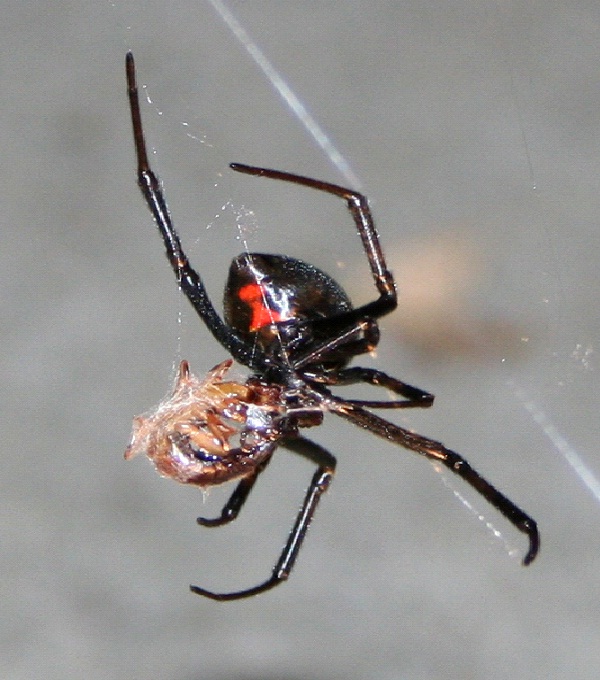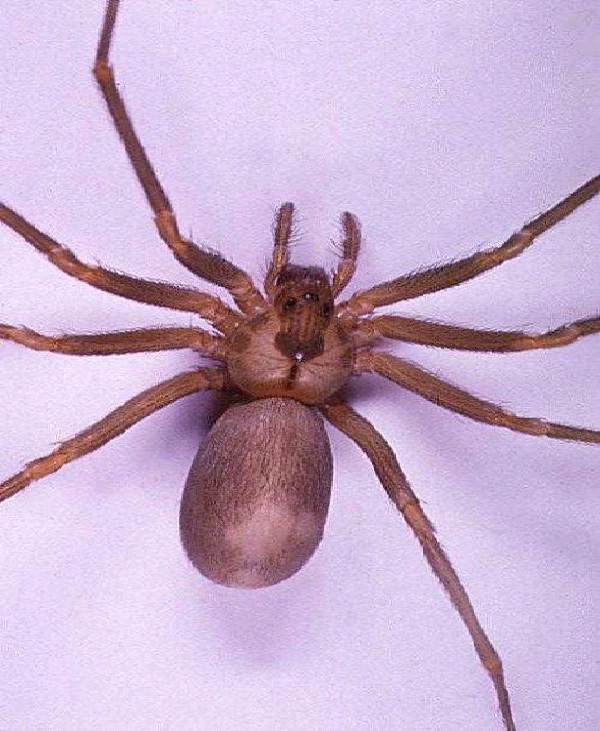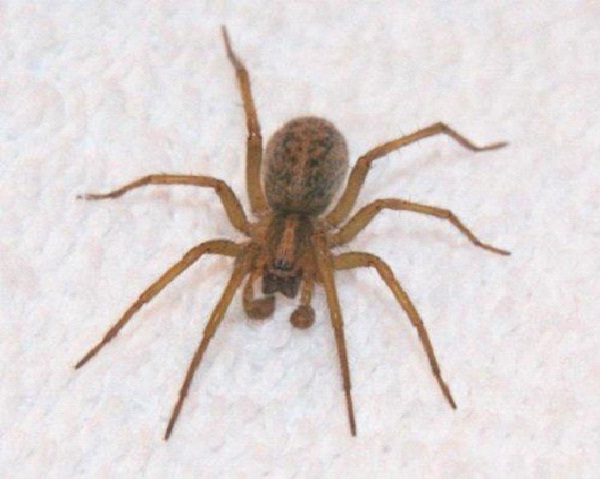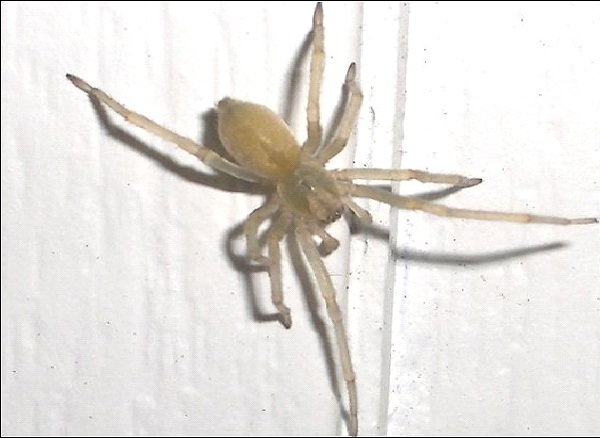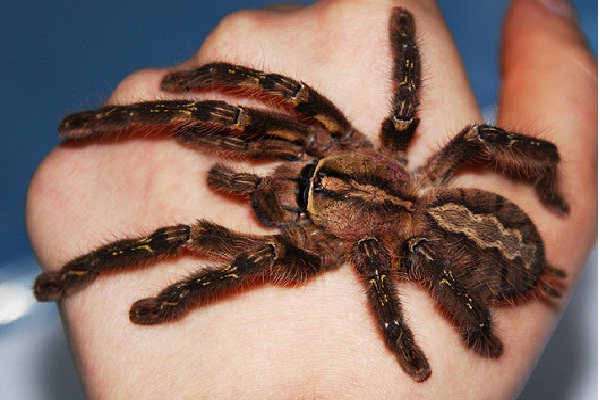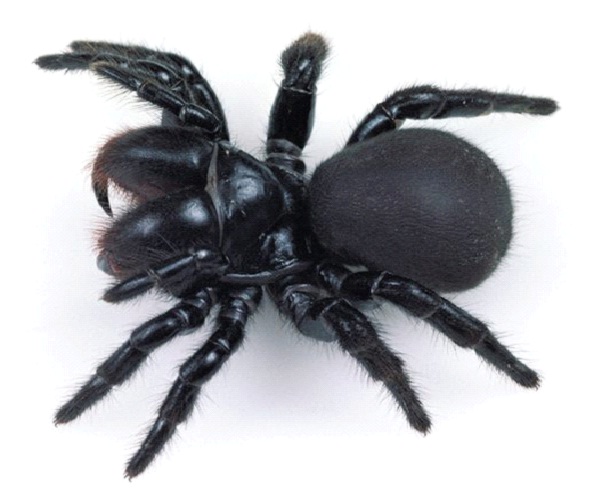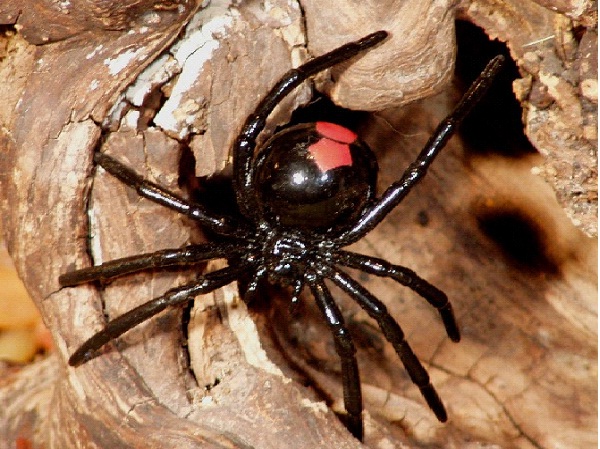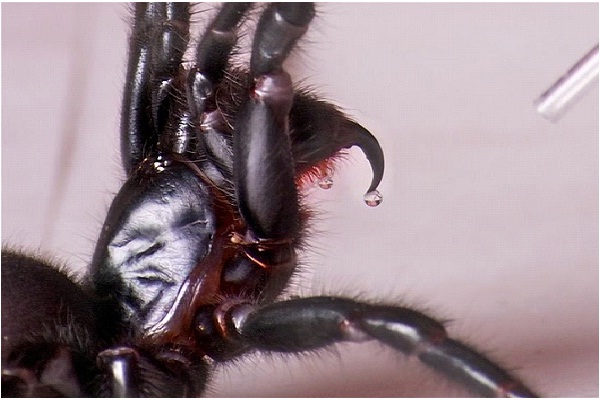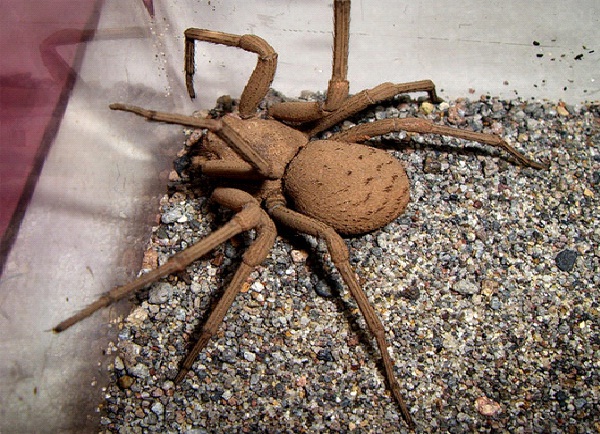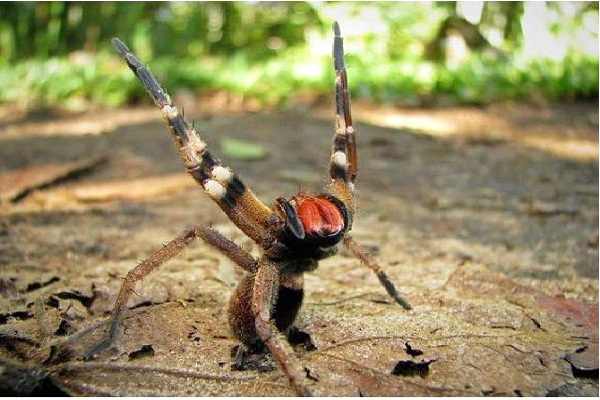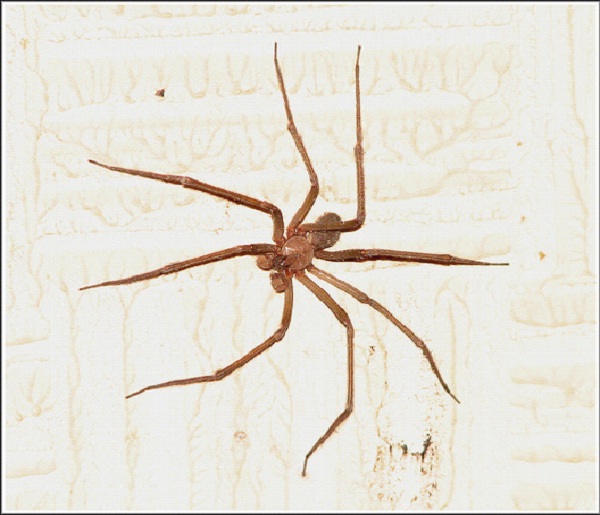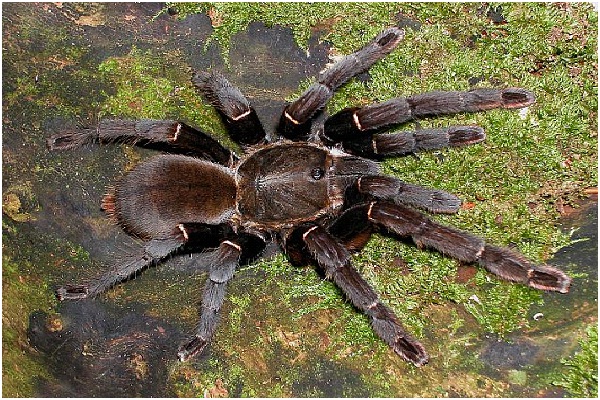Dangerous Spiders In The World
Tuesday, Aug 18, 2020, 5:29 pm
Loading...
1.Black Widow Spider
The black widow spider is probably the most well-known of the dangerous spiders. Eating its mate after sex is its trademark, along with being one of the most venomous spiders in the world. Its bite causes Latrodectism, causing severe muscle spasms, as well as spinal and/or cerebral paralysis.
2.Brown Recluse spider
The brown recluse spider is one of the most venomous spiders in the world. As their name insinuates, they tend to stay in hiding, but when they do come out and bite, they can cause skin necrosis, with potential for wounds to get as big as 10 inches, sometimes ending in gangrene. One plus is that their fangs are small and cannot often penetrate clothing.
3.Hobo Spider
The hobo spider is considered the aggressive house spider. Protective over their egg sacs, this spider will strike and bite if they feel their sac is threatened. Not known to be fatal, but their bite can cause skin necrosis, that takes months to heal, as well as headaches, vision abnormalities and general malaise.
4.Yellow Sac Spider
The yellow sac spider rarely are close enough to people to bite, but if bitten, the danger lies in acquiring an MRSA infection soon after. It can also create necrosis of the skin, and lesions. This spider is easily identified by it's yellow bulbous rear and long front, spindly legs.
5.Fringed Ornamental Tarantula
The fringed ornamental tarantula is extremely venomous, with a bite that can induce a coma. Abundant in the tropics, these spiders have large fangs, causing intense pain when bitten. With furry bodies ad legs and about the size of an average man's palm, they are a force to be reckoned with.
6.Mouse Spider
A mouse may sound cute, but not in the case of this spider. Found in Australia, the all-black spider can sometimes give what's called a "dry bite," where they do not release venom. However, would you want to risk that choice? The males are identified by a red head and red jaws.
7.Redback Spider
Part of the same family as black widow spiders, the redback spider is extremely toxic. Living in Australia, they have a red stripe down their back, as well as on their stomach. The resulting symptoms from their bite is infection, headache, nausea, tremors, fever, and swollen lymph nodes. Steer clear!
Loading...
8.Sydney Funnel Web Spider
Sydney Funnel Web spiders are considered to be the most venomous in the world. With large fangs, they deliver a full dose of venom in one bite. Often striking multiple times, these spiders do not run away, and the atracotoxin in their venom is extremely dangerous. A case includes a child dying within 15 minutes of being bitten.
9.Six Eyes Sand Spider
The six-eyed sand spider is a highly dangerous spider and one of the most venomous. Found only in Africa and South Asia, this spider's venom is many times stronger than the brown recluse spider. No anti-venom exists today, making this spider largely feared for its venom-causing disseminated intravascular coagulation, resulting in clots and bleeding in the skin and other orifices, leading to death.
Loading...
10.Brazilian Wandering Spider
The brazilian wandering spider made the Guiness Book of Records for most venomous in 2010. Aggressive and containing a highly potent neurotoxin, their venom can causing breathing problems and asphyxiation, which could lead to death. Men can also be affected by priapism; long lasting erections, lasting anywhere from a few hours to days, with possible permanent impotence.
11.Chilean Recluse Spider
The chilean recluse spider is the sister species to the brown recluse spider, and even more toxic. Bites from this spider can result in infection leading to kidney failure, with a quarter of all bites ending in death. Skin necrosis, as a result of the bite, can be deep and cavernous, sometimes resulting in gangrene.
Loading...
12.Chinese Bird Spider
The chinese bird spider is one of the largest of the tarantula spiders, with a leg span that spans eight inches. Aggressive in nature, its bite can take down a large mammal, with only .70mg/kg needed to cause death in half the cases. Mainly found in Southeast Asia, watch out!
Report
Loading...

